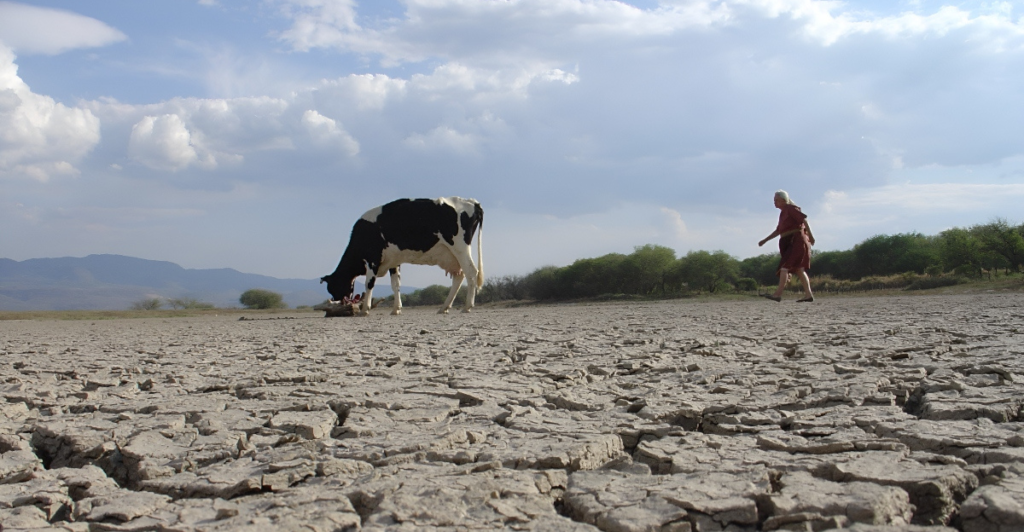
The United States has made an unprecedented decision to deny a mon-treaty request from Mexico for a special delivery of water from the Colorado River to Tijuana. The decision, announced by the U.S. Department of State, marks the first time such a request has been rejected since the 1944 water-sharing treaty was established. The denial follows a recent spike in tensions over water shortages and compliance with a treaty governing these rivers, as both countries struggle under the weight of severe drought conditions and competing freshwater demands.
The 1944 Water Treaty and Its Obligations
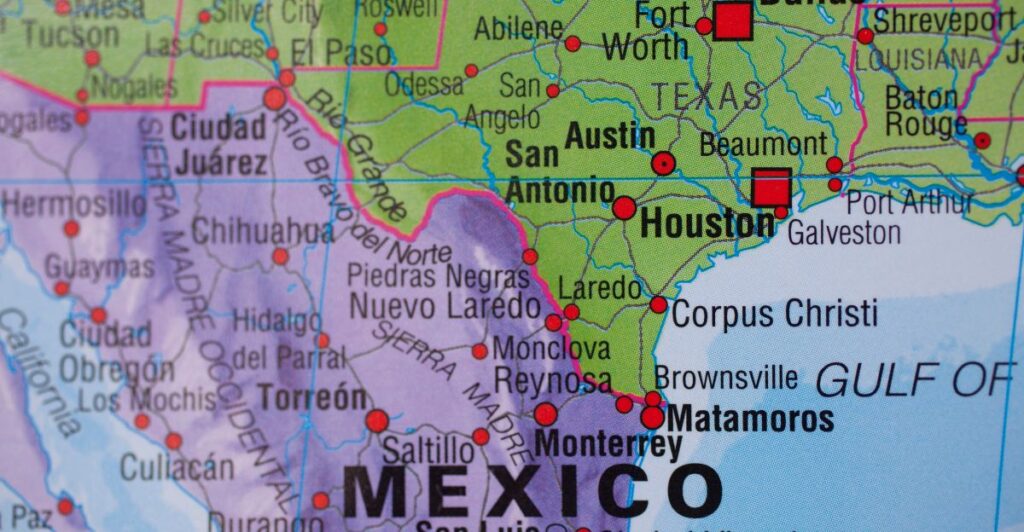
The treaty, dating to 1944, governs the allocation of water from the Rio Grande and Colorado Rivers between the United States and Mexico. The deal requires Mexico to deliver water to the U.S. every five years from two dams along the Texas border and for the U.S. to provide Mexico with water from the Colorado River. However, in recent years, Mexico has struggled to meet its obligations to release that water, due to prolonged droughts, which have significantly reduced water availability.
Reasons for the U.S. Rejection

The U.S. Department of State highlighted Mexico’s failure to meet its treaty obligations as a major reason for denying the special request. According to officials, Mexico’s shortfalls in providing water have severely impacted American agriculture, especially in Texas’ Rio Grande Valley. The Bureau of Western Hemisphere Affairs emphasized that these shortfalls are “decimating American agriculture,” leading to the historic decision.
Impact on Mexican Water Systems

The denial is likely to exacerbate water shortages in northwest Mexico, particularly in Baja California, where the city of Tijuana depends on emergency water deliveries. Mexico has sought approval for a special delivery channel utilizing San Diego’s water system, but this request was denied, putting further strain on its already stressed water infrastructure.
Mexican Government’s Response

Mexican President Claudia Sheinbaum admitted to the seriousness of the situation but said that national agencies like Conagua and the International Boundary and Water Commission (IBWC) were dealing with it. She said part of the problem can be linked to diminished water availability from droughts. Still, she emphasized that work is being done to review treaty requirements and engage in compliance.
U.S. Political Reactions

The decision has sparked significant political reactions within the United States. Texas Senator Ted Cruz criticized Mexico for its failure to live up to treaty commitments while emphasizing the dire situation confronting farmers in his state. Cruz has also proposed legislation to impose sanctions on Mexico for noncompliance and suggested withholding aid or even reducing U.S. water deliveries to Mexico as potential measures.
Broader Implications for Agriculture
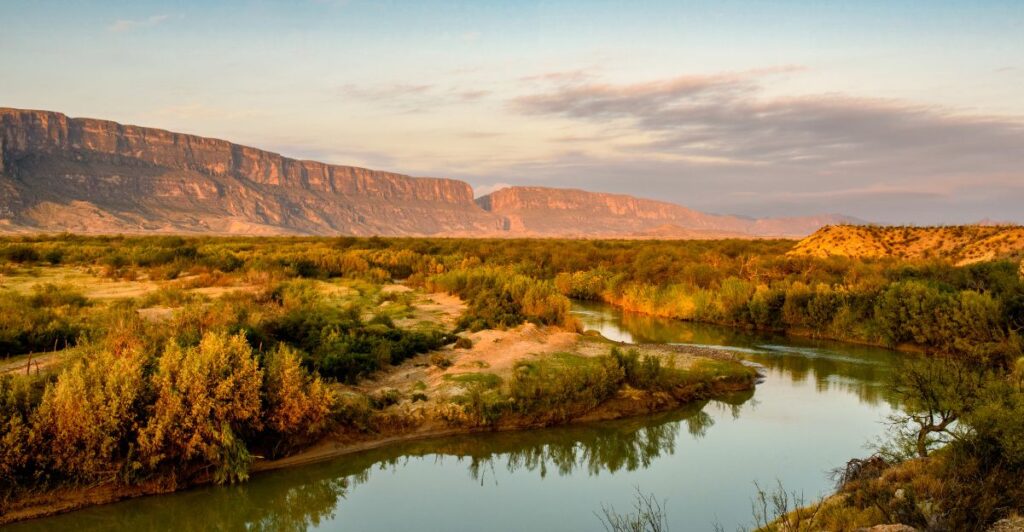
Farmers and ranchers in Texas’ Rio Grande Valley have expressed growing concerns about how Mexico’s failure to deliver water is stalling agricultural growth and economic development in the region. Local officials testified that a lack of water supply has led to severe challenges for both farming operations and urban development projects.
Drought Conditions Worsen Tensions and Environment
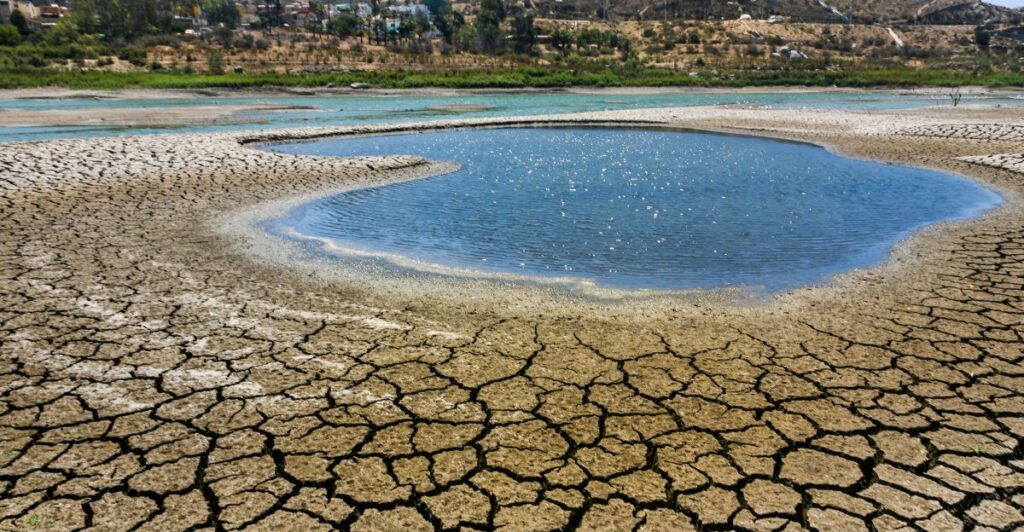
Both countries are facing extreme drought conditions that have aggravated disputes over shared water resources. The dry northern regions of Mexico have been particularly affected, while American farmers along the Rio Grande have reported devastating impacts on the environment, crops, and livestock due to inadequate irrigation.
The Role of International Agencies

A major function of the IBWC is arbitrating disputes under the 1944 treaty. It is responsible for determining boundaries, implementing treaty provisions, and resolving disputes between the two countries. However, recent developments reveal new challenges in maintaining effective cooperation as climate conditions continue to worsen.
Calls for Treaty Revisions

Lawmakers in the United States have also called for re-evaluating elements of the 1944 treaty to address modern challenges like climate change and population growth. They argue that the agreements may no longer adequately account for the current resource demands or environmental realities.
A Strained Partnership
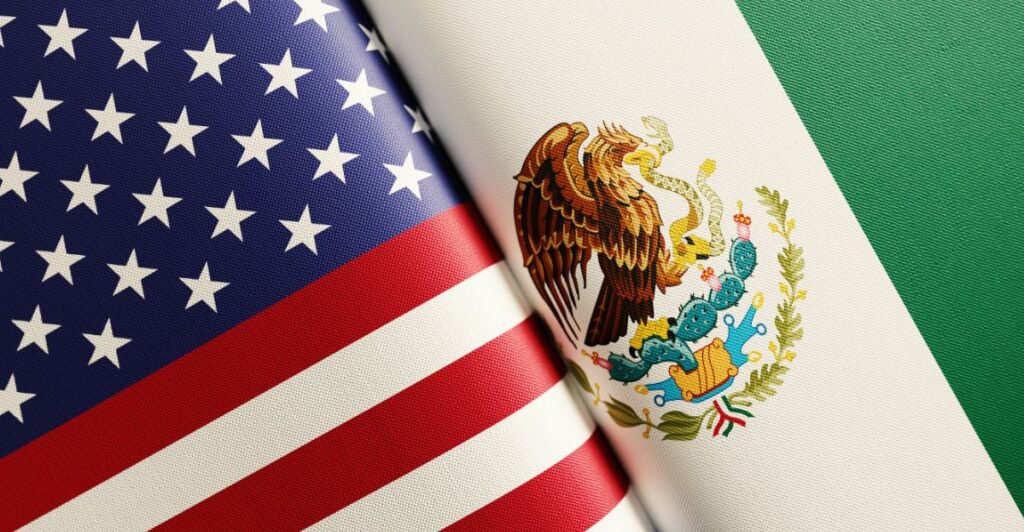
This dispute over water resources is one of several contentious issues facing the two nations under the Trump administration. From trade negotiations involving steel tariffs to territorial naming conventions such as “Gulf of America,” the temsions remain high across multiple fronts. The denial of Mexico’s request illustrates the growing strains in U.S.-Mexico relations over shared resources like water. As both countries are under increasing pressure from droughts and competing demands, settling these disputes will require renewed cooperation and potentially major changes to decades-old agreements.
Explore more of our trending stories and hit Follow to keep them coming to your feed!

Don’t miss out on more stories like this! Hit the Follow button at the top of this article to stay updated with the latest news. Share your thoughts in the comments—we’d love to hear from you!







